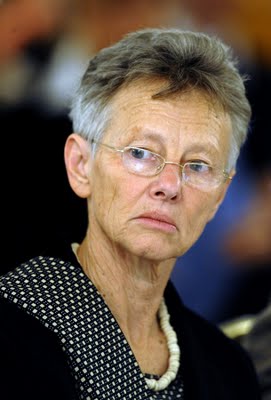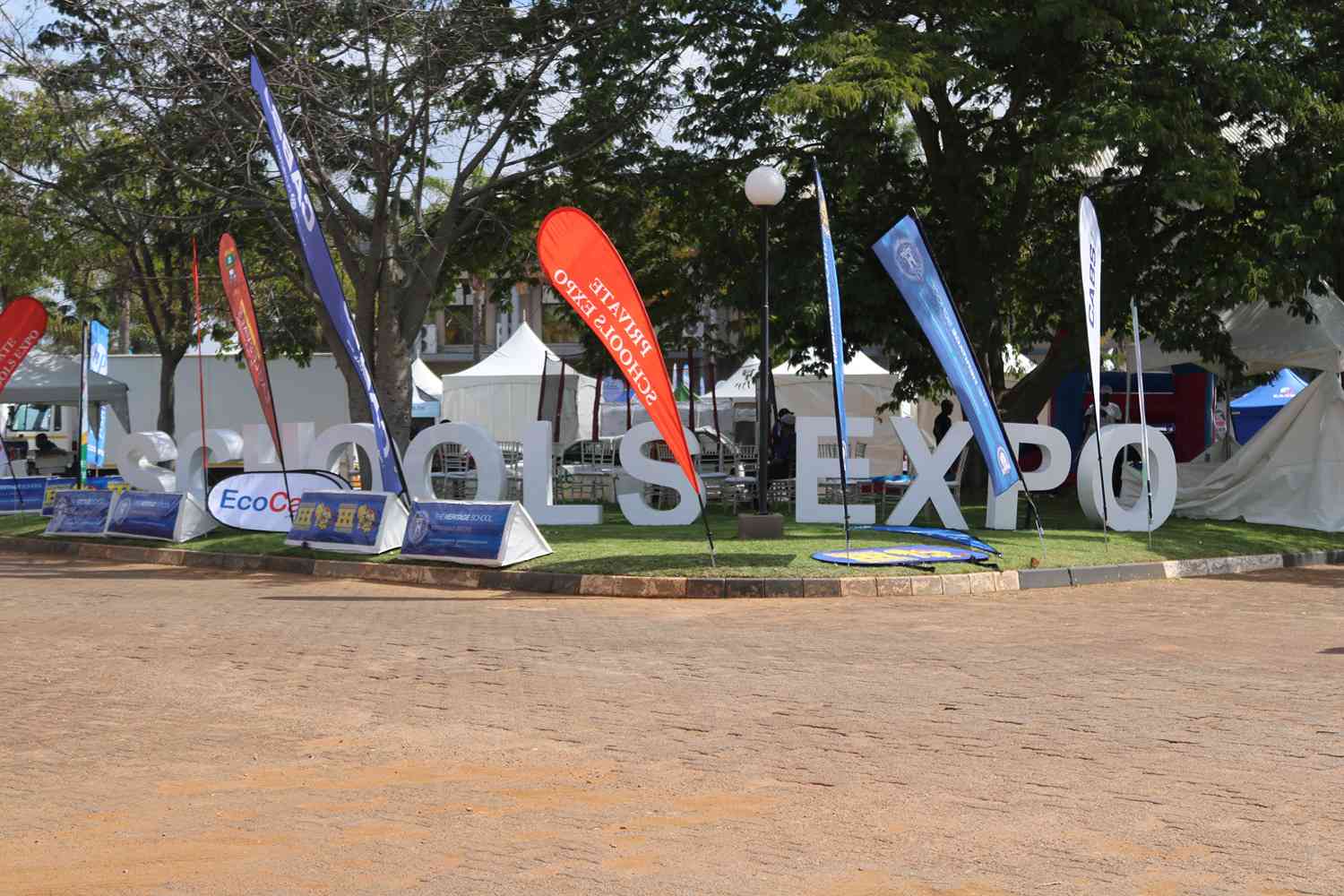
BY NQABA MATSHAZI SEVERAL Zimbabweans have fallen victim to a scam involving Senegalese fraudsters, leading Zimbabwe’s ambassador to that country warning people to be wary of who they deal with especially on the internet. Ambassador Trudy Stevenson said she had received a lot of communication from people who had fallen victim to the fraudsters, expressing shock that there were people who still fell victim to 419 scams.
“There are many such scams on the internet,” she advised. “It is unfortunate that Zimbabweans appear to be a target, perhaps because we are not as internet-savvy as others.”
Stevenson said she had been asked several times to check out addresses and telephone numbers in Dakar as people would have been duped by 419 scammers.
In some cases, this happens just before the victims are about to transfer money to accounts or to “persons purporting to be refugees in a camp, victims of violence and church pastors, etc, seeking their assistance on the internet in order to have huge amounts of money released from a trust account in some international bank”.
The 419 scams were reportedly popularised by Nigerians, who would claim they had money stashed in accounts but they were failing to retrieve it because of political problems in their country.
Unsuspecting people would be duped into believing that they would be granted power of attorney but not before they transferred money for a lawyer to process the legal documentation.
Communication gleaned by The Standard shows that the latest trick by the Senegalese is that of a beautiful “damsel in distress” in the West African country who is seeking help from Zimbabweans.
In one of the emails, a Zimbabwean was about to send US$1 400 to a beautiful “26-year-old chocolate refugee stuck in a camp in Dakar”, to help her get a power of attorney to access US$5,4 million left by her late father in a Canadian bank.
- Chamisa under fire over US$120K donation
- Mavhunga puts DeMbare into Chibuku quarterfinals
- Pension funds bet on Cabora Bassa oilfields
- Councils defy govt fire tender directive
Keep Reading
The girl had also sent the unsuspecting Zimbabwean a number of her photos to show that she was “genuine”.
In a similar case, a Zimbabwean also sent an email to the embassy hoping they could assist in verifying a lawyer before depositing money.
“To: Embassy office in Senegal, I am (name withheld) a Zimbabwean and wants (sic) to send money to Senegal High Court (USD$1 450 00) to obtain power of attorney through the lawyer by the name Barrister (name withheld), Dakar, Senegal,” reads part of the email sent to the embassy.
“He charged me US$800 as service charge. Help me in verifying the existence of this person and his entity urgently. Looking forward to hear (sic) from you.”
The Zimbabwean added: “The named person has inheritance of US$5 700 000 in a Canadian bank (Canadian Imperial Bank of Commerce) and she registered me as her trustee. Because of her status (refugee) she said that she is not allowed to conduct any legal activity.”
Another Zimbabwean (name withheld), a former president of a business non-governmental organisation, was duped into sending money for organising a non-existing business conference.
He approached the embassy after the “organisers” of the meeting disappeared with his money.
The Zimbabwean embassy in Dakar said there was not much it could do besides reporting the matter to the police.
Stevenson warned Zimbabweans against sending money to people they had never met and to be wary of internet scams.
Some conmen claim to be refugees
A South African-based Zimbabwean teacher was saved by the embassy after he had been contacted by the scammers, who claimed they were Zimbabweans stuck in a refugee camp in Senegal.
“I would like to know if there are Zimbabweans living in Senegal as refugees in Senegalese Refugee Camps,” wrote the teacher. “If so, under what circumstances would the Zimbabwean citizens become refugees there and anywhere else in the world because our country is one of the safest countries in southern Africa? Does the embassy have a record of these people?
“My question had been motivated by the fact that my friend says that she is staying in Dakar in a refugee camp and there are indications that all is not well with her. Seemingly, she wants to be rescued but she does not know how.”











